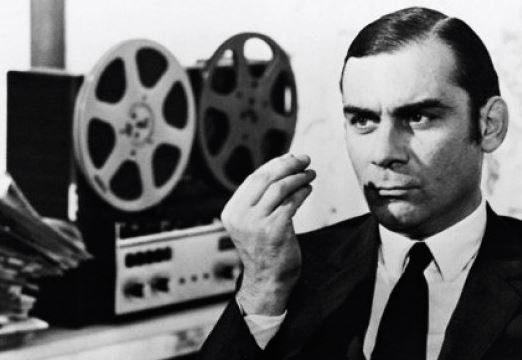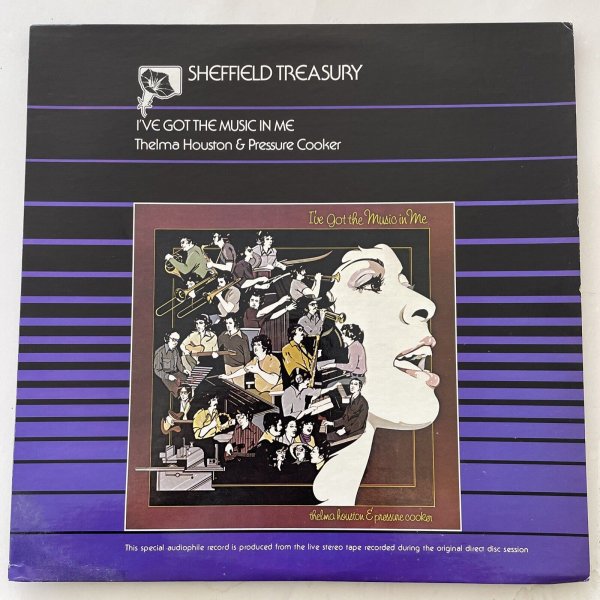Yes, it is a good point.(...) Mike Lavigne once brought up an excellent point (I am paraphrasing): it appears that sometimes video enthusiasts hear not the actual sound of the video but their memory of the sound recorded on the video, from which they fill in while listening to the video. (...)
Well, I have often said the same about reproduced sound and real music ...
It is why using just real music as a reference is extremely subjective and individual, and can lead to disasters. And if we listen hours a day to your own blessed stereo it will even influence the way we listen to real music. IMO we need some solid "audiophile" anchors when addressing system building.



